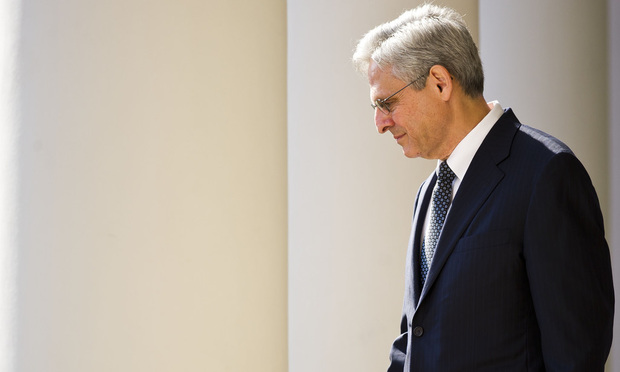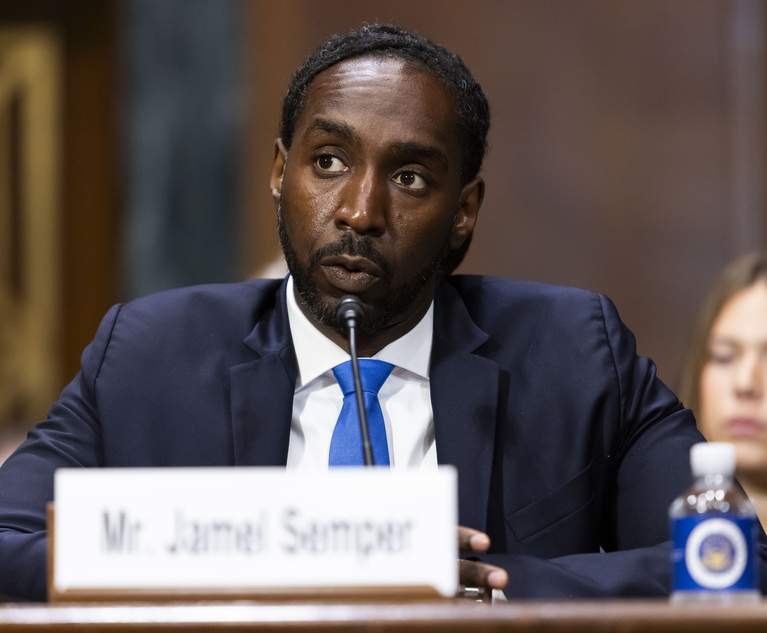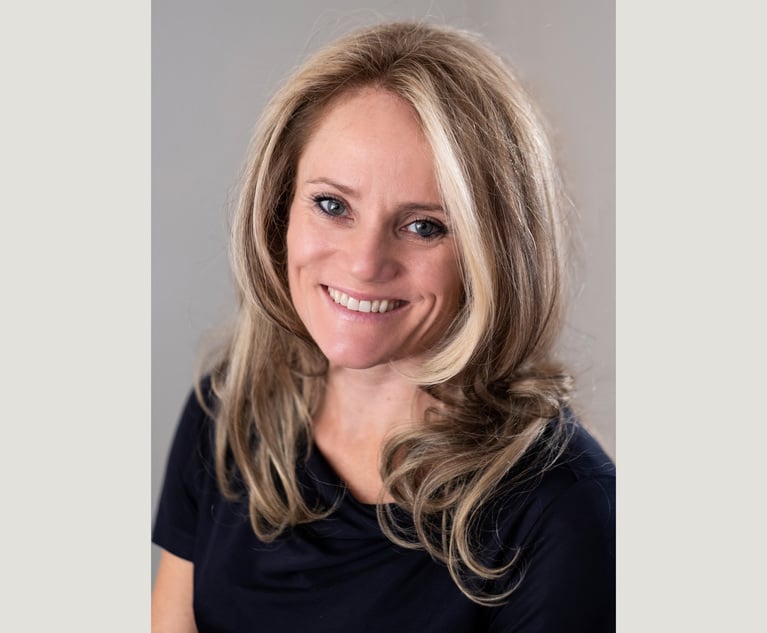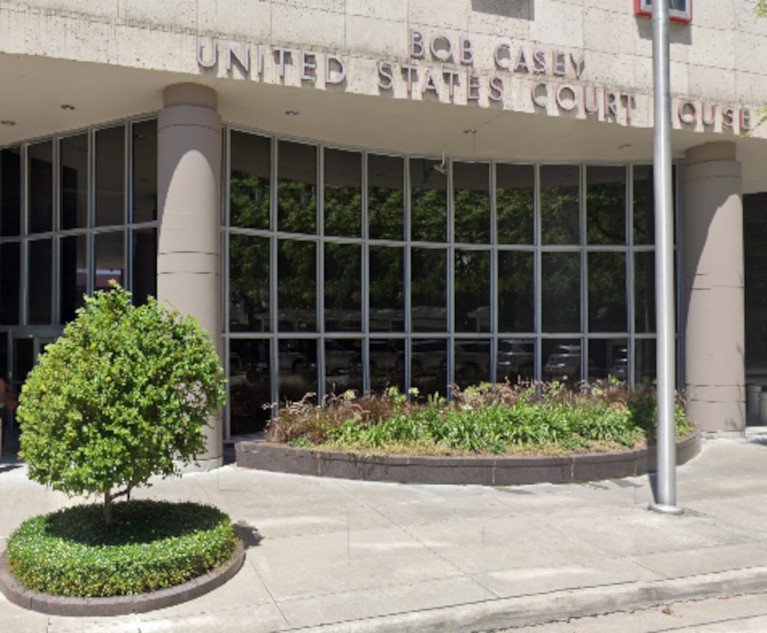Responding to complaints that the culture of the federal judiciary makes it difficult for employees to lodge complaints of misconduct, the Judicial Conference on Tuesday promulgated significant changes to the code of judicial conduct that govern judges and court employees.
“We are not done,” said Chief Judge Merrick Garland of the U.S. Court of Appeals for the D.C. Circuit, who met with reporters after the conference acted. “We won’t be done until we do everything we can do.”

 Chief Judge Merrick Garland, of the U.S. Court of Appeals for the D.C. Circuit. Credit: Diego M. Radzinschi / NLJ
Chief Judge Merrick Garland, of the U.S. Court of Appeals for the D.C. Circuit. Credit: Diego M. Radzinschi / NLJ








